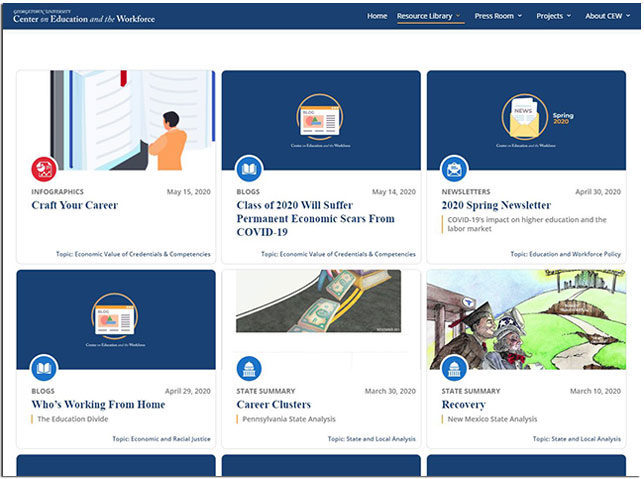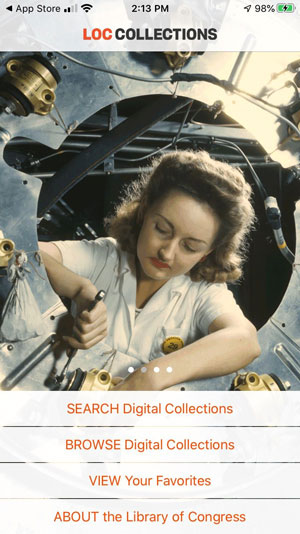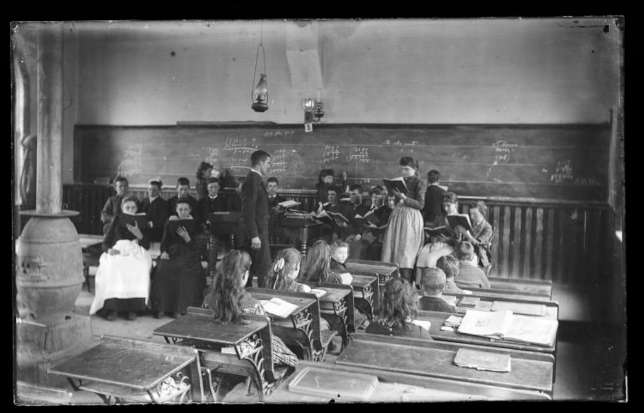The world's largest library, the Library of Congress, has digitized the collections of papers from 23 early presidents, from George Washington to Calvin Coolidge. The work has taken nearly two decades of effort, and the results — 3.3 million images — are openly available online.

Georgetown University's Center on Education and the Workforce has launched a research repository where 650 different resources are freely available.

This Friday, the Library of Congress celebrates its 220th birthday. The nation's library manages about 410 million digital files — 15.9 petabytes worth of digital collection content. To celebrate, the Library has released the "LOC Collections" app, which makes its digital collection available on any mobile device.
Amazon Web Services Education has introduced a set of free resources intended to help teachers and faculty in K-20 with their transitions to remote teaching and learning.
Over the next two months, Kosovo's University for Business and Technology will be using the EON Reality platform to create 20,000 augmented/virtual reality lessons across a variety of subjects.

The Smithsonian Institution has announced an open access project that removes copyright restrictions from about 2.8 million images from its digital collection and almost two centuries' worth of data.
A partnership between Gale and Udemy is bringing learning video content from Udemy to public libraries. "Gale Presents: Udemy" will provide library patrons with access to 3,500 on-demand video courses in 75 different topics from Udemy's business collection.
The University of Pennsylvania, IBM and the Linux Foundation are developing an open source starter kit to help any institution in the world launch its own data science program.
Three Canadian institutions have launched a new experiential learning website to serve as a free toolkit in helping college and university instructors implement EL in their courses.
IBM is making enhancements to its open source quantum computing development kit designed for researchers and educators.